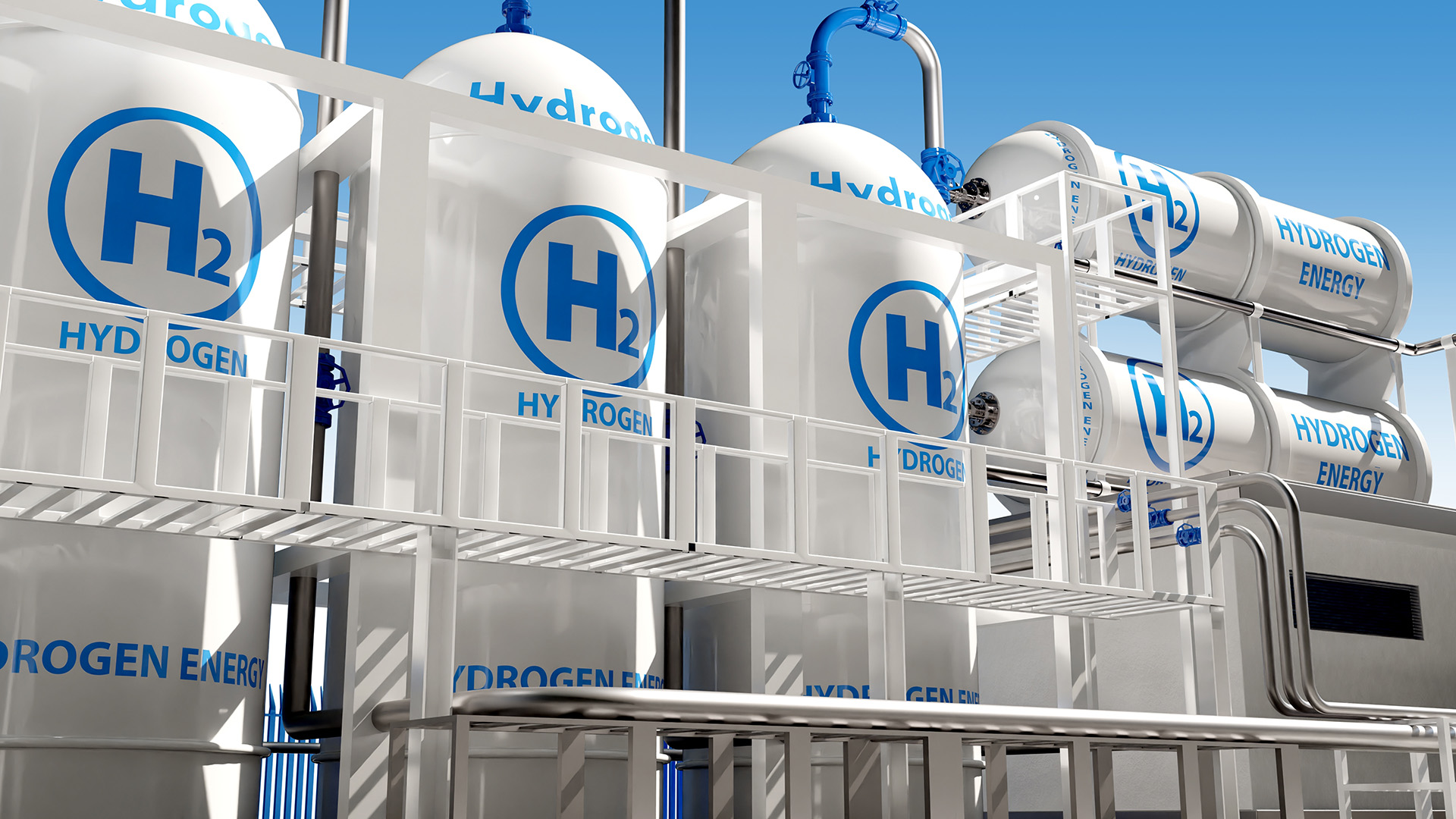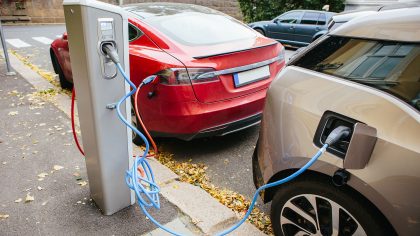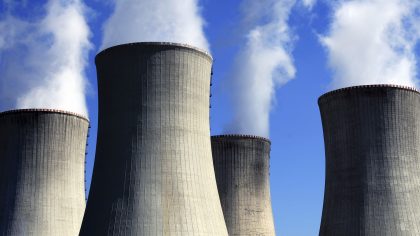Natural gas prices spiked 16% on Wednesday ahead of winter storms, and 55% since December. Unfortunately, many will be receiving higher than usual utility bills in the coming months. Some California residents have seen their energy bills double in price, although their usage did not increase.
In an effort to help those struggling to afford home energy costs, the White House announced a payment assistance program this week.
Oil prices are also on the rise, reaching seven-year highs today at over $92 a barrel, as geopolitical tensions and a winter storms fueled concerns over supply disruptions.
Meanwhile, the Biden Administration extended Trump-era tariffs on imported solar energy equipment by four years today, but eased the terms to exclude a panel technology dominant among big U.S. projects.
Want more of this week’s biggest news in energy? Read more below!
Saving the planet in style
Finland consumes more java per-capita than any other nation in the world, according to the International Coffee Organization, and with all of those beans comes an awful lot of waste. To combat this, Helsinki-based footwear firm Rens has created a waterproof trainer made from coffee waste and recycled plastic bottles. Brighter Side of News reports that the recycled sneakers are an attempt to lessen the environmental impact of used coffee grounds, which emit as much methane as ten million cars every year.

Winemakers reduce their carbon footprint
A standard glass wine bottle accounts for 29% of a wine’s carbon footprint. Santiago Navarro, CEO and cofounder of London-based Garçon Wines, plans to launch his 100%-recycled PET flat bottles in the U.S. this spring with a brand called Packamama, a packaging alternative for the domestic wine industry. Fast Company reports that Navarro’s bottles could reduce CO2 emissions by 50% compared with standard glass bottles.

An easier path to renewable fuel
Bio-fuel researchers have been working to develop a self-sustaining process that converts waste from renewable carbon sources into fuels, while keeping waste carbon out of our atmosphere and water. Now, a research team has developed a fuel recovery system that is carbon-neutral or even potentially carbon-negative. Eurasia Review reports that it turns unrecoverable, diluted “waste” carbon into valuable chemicals, while simultaneously generating useful hydrogen.

Revolutionizing wireless charging
A new power transfer technology makes it possible to conveniently charge devices without using any wires or plugs. Warehouse robots, kitchen appliances, and even phones or laptops can receive power anywhere over the charging area. Brighter Side of News reports that this technology could eventually power electric vehicles while they’re on the go since the power transfer continues while devices are in motion.

Fusion energy’s major milestone
Nuclear fusion is perhaps best known as the process that powers stars. Scientists have recently made a major stride towards turning fusion energy into a viable energy source. The Independent reports that the research could allow for the creation of a whole new kind of sustainable energy source that in turn could revolutionize the way we power our world.


